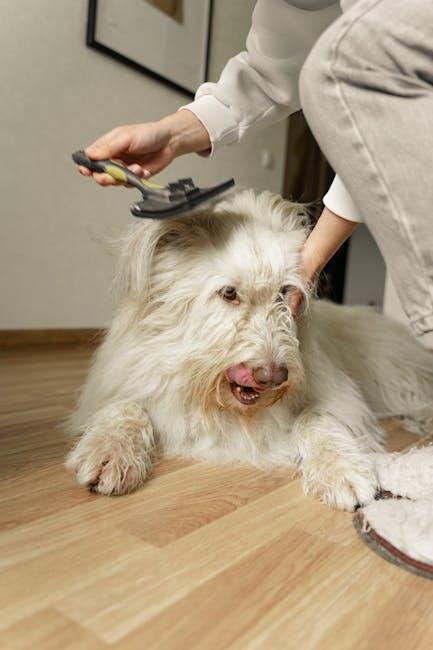
Tongue Hygiene: Are You Missing This Critical Third Step?
Oral hygiene routines often focus on brushing teeth and flossing, but one crucial element is commonly overlooked — tongue hygiene. This “third step” in daily oral care can drastically improve your overall dental health, freshen your breath, and reduce the risk of oral infections. In this detailed guide from rdhmag.com, we explore why tongue cleaning should be an indispensable part of your hygiene regimen and share practical tips to easily incorporate it into your daily routine.
Why Tongue Hygiene Matters
The tongue’s surface hosts thousands of taste buds and crevices that can trap food particles, bacteria, and dead cells. If neglected, this buildup creates a breeding ground for odor-causing bacteria and can contribute to plaque formation and gum disease.
The Science Behind Tongue Bacteria
The tongue’s rough texture promotes the growth of anaerobic bacteria, which produce volatile sulfur compounds (VSCs) responsible for bad breath (halitosis). Research shows that these compounds can also worsen overall oral health by contributing to gum inflammation and tooth decay. Regular tongue cleaning interrupts this bacterial buildup, reducing the overall microbial load in the mouth.
The Critical Third Step: How to Properly Clean Your Tongue
Most people focus on brushing their teeth (step one) and flossing (step two). But the essential “third step” — tongue cleaning — is frequently ignored or done incorrectly. Here’s how to get it right:
- Choose the Right Tool: Tongue scrapers or tongue brushes are most effective. Avoid using your toothbrush alone, which may be less efficient at scraping away debris.
- Technique: Place the scraper at the back of your tongue and gently pull forward. Repeat 3–5 times, rinsing the scraper after each pass.
- Frequency: Incorporate tongue cleaning into your daily morning and evening oral hygiene routine.
- Rinse: After scraping, rinse your mouth thoroughly with water or an alcohol-free mouthwash.
Benefits of Tongue Hygiene
Adopting tongue hygiene provides numerous benefits beyond just fresh breath. Check out the table below summarizing key advantages:
| Benefit | Description |
|---|---|
| Reduces Bad Breath | Eliminates odor-causing bacteria and volatile sulfur compounds. |
| Improves Taste Sensation | Removes debris that may dull taste buds, enhancing flavor perception. |
| Prevents Plaque Build-up | Reduces bacterial colonies that contribute to plaque and tartar. |
| Supports Overall Oral Health | Decreases risk of gum disease and tooth decay through better bacterial control. |
| Enhances Visual Appearance | Removes tongue coating, giving the tongue a cleaner, healthier look. |
Practical Tips for Maintaining Excellent Tongue Hygiene
- Start Slow: If tongue cleaning feels uncomfortable at first, gradually increase your scraping frequency.
- Choose Your Scraper Wisely: Look for stainless steel or medical-grade plastic scrapers for durability and hygiene.
- Be Gentle: Avoid aggressive scraping to prevent irritation or damage to tongue tissue.
- Consistency Is Key: Make tongue cleaning part of your morning and nighttime dental routine.
- Pair With Mouthwash: Use an antibacterial mouthwash without alcohol to soothe the tongue after cleaning.
Real-Life Case Study: How Tongue Cleaning Transformed Sarah’s Oral Health
Sarah, a 34-year-old woman with persistent bad breath despite regular brushing and flossing, decided to try tongue scraping after reading recommendations on rdhmag.com. Within a week, she noticed a significant improvement in her breath, and after a month, her dentist confirmed reduced plaque deposits and healthier gums.
Sarah’s experience highlights how integrating tongue cleaning can fill gaps in oral hygiene routines and lead to measurable results.
Common Myths About Tongue Cleaning
- Myth: Tongue cleaning is unnecessary if you brush your teeth well.
Fact: Brushing alone does not remove all debris or bacteria from the tongue’s surface. - Myth: Tongue scraping can harm your tongue.
Fact: When done gently with the right tools, it is safe and beneficial. - Myth: Mouthwash alone can replace tongue cleaning.
Fact: Mouthwash complements but does not remove the coated biofilm on the tongue.
Summary & Conclusion
Effective oral hygiene goes beyond brushing teeth and flossing — maintaining a clean tongue is the critical third step that many overlook. Tongue cleaning benefits fresh breath, taste perception, and overall oral health by removing bacteria and harmful biofilm that traditional brushing misses.
By adopting simple tongue hygiene practices with the right tools and consistent technique, you can enhance your oral health dramatically. At rdhmag.com, we encourage everyone to embrace tongue cleaning as a fundamental part of their daily dental care and experience the difference firsthand.
Don’t miss out on the critical third step in your oral hygiene routine — start cleaning your tongue today!


